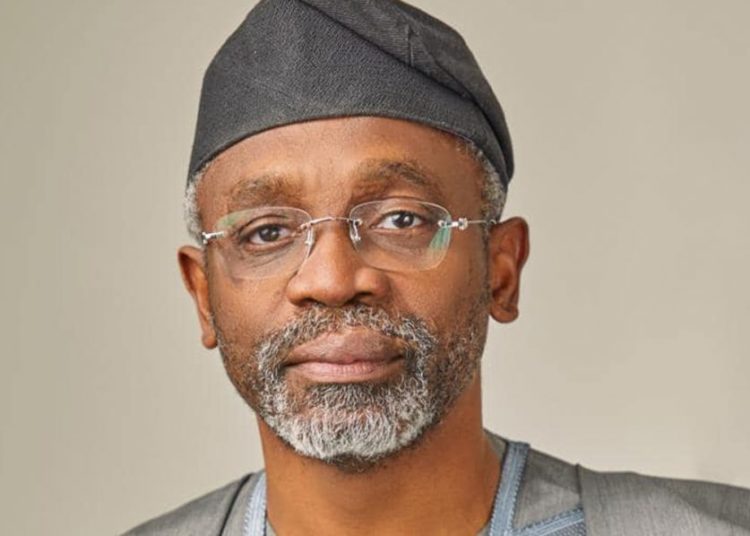By Tuesday, the House of Representatives will resume from its annual recess and formally commence activities for the fourth and legislative year of the session. Although, the legislative year started in June, the lawmakers were yet to fully settle down from the primary elections of their various political parties, hence they couldn’t do much.
With the campaigns for the 2023 elections around the corner and the actual elections billed to hold in February next year, the lawmakers have very limited time to attend to legislative duties and the nation may suffer for it. This is because there are very sensitive Bills that require maximum attention, but this may not be so as lawmakers will be shuttling between their National Assembly offices and campaign venues across the country.
Speaker of the House, Femi Gbajabimila, had last week hinted that President Muhammadu Buhari may present the 2023 Appropriation Bill in the early days of October, and with the resolve of the government to maintain a January to December budget cycle, the lawmakers will have to pass the budget before December. However, passing the 2023 budget will not be that easy due to the looming fiscal imbalances in the government records and the huge deficit already projected.
The federal government had proposed two options for the lawmakers to consider for the 2023 budget. The Minister of Finance and National Planning, Zainab Ahmed, in the first scenario, said the deficit was projected to be N12.41 trillion in 2023, up from N7.35 trillion in the 2022, representing 196 per cent of total revenue or 5.50 per cent of the estimated GDP.
In this option, she added, the government would spend N6.72trillion on subsidy.
The second option involves keeping subsidy till June 2023 and this scenario will take the deficit to N11.30 trillion, which is 5.01 per cent of the estimated GDP. In this option, the PMS subsidy is projected to gulp N3.3 trillion. I wouldn’t know the option the lawmakers will eventually settle for, but certainly, there is no easy way out of this fiscal uncertainty.
Another sensitive Bill before the National Assembly is the proposed law to establish the National Electoral Offences Commission and Tribunal. The Economic and Financial Crimes Commission (EFCC) had during the public hearing on the Bill opposed the establishment of an Electoral Offences Commission, citing duplication of functions.
The stance of the EFCC was delivered by its Assistant Commandant, Deborah Ademu-Eteh, on Tuesday at the public hearing organised by the House of Representatives Committee on Electoral Matters.
According to her, electoral offences are already covered under the penal and criminal codes, the Independent Corrupt Practices and other related Offences Act 2000 and the Economic and Financial Crimes (Establishment) Act, 2004.
Mrs Ademu-Eteh said there was no need to create another agency since elections are seasonal events. She added that existing security agencies should be strengthened to prosecute electoral offences.
But the chairperson of the Independent National Electoral Commission (INEC), Prof. Mahmood Yakubu, in his presentation, thought otherwise. He said there was a need to make an exception for the Commission.
The Bill, which has seven Parts and 48 Sections, seeks to take the “burden” of prosecuting electoral offenders off INEC.
The Bill, which was merged with four other pieces of proposed legislations was sponsored by the Chairman, House Committee on Electoral Matters, Aishatu Duku.
It was stated in the bill that it was unrealistic for INEC to conduct free, fair and credible elections and simultaneously prosecute offences arising from the same elections.
The Electoral Reform Committee headed by a former Chief Justice of Nigeria, Mohammed Uwais, had in 2007 recommended the establishment of a special prosecution body to be known as the Electoral Offences Commission. This is to work independently in the arraignment and prosecution of electoral offenders. The bill is to provide the legal framework for the investigation and prosecution of electoral offences for the general improvement of the electoral process in Nigeria.
The House will also have to extensively debate and decide on the controversial water resources bill. On June 29, 2022, a slight drama played out on the floor of the House of Representatives as concerned lawmakers frowned at the reintroduction of the controversial National Water Resources Bill slated for first reading.
The bill, which was initially introduced and rejected during the 8th Assembly, following public outcry, is believed by many to be Rural Grazing Area (RUGA) in disguise.
Specifically, the Bill as introduced in previous assembly and present 9th National Assembly seeks to empower the Federal Government to control all water resources in the country such as rivers, streams, lakes and underground water in all parts of the country.
But the state governors are not in support of the bill. In a communique issued at the end of the 5th teleconference meeting of the Nigeria Governors’ Forum (NGF) the governors “argued that the bill does not adequately address interests of the states and is inconsistent with provisions of the Constitution of the Federal Republic of Nigeria. The bill, according to the forum, should be reviewed, with a view to accommodating the concerns of all states.”
While northern lawmakers, predominantly APC members seem to be supporting the bill and its objectives, their southern counterparts, mostly were strongly against it. Opponents had pointed out that if passed into law, it would hinder current move towards devolution of powers.





